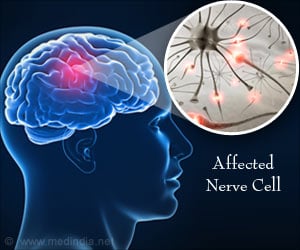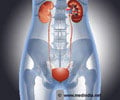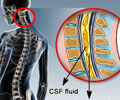The International functional neurological disorder (FND) Awareness Day is observed on April 13 to increase awareness of the disorders
- Functional neurological disorders such as an overactive bladder, irritable bowel syndrome and cognitive problems can be extremely distressing for the patient.
- The international functional neurological disorder (FND) awareness day is observed on April 13 to increase awareness of the disorders. The 2017 theme is ‘Solving the FND Puzzle’.
- A proper identification of the condition can help the patient take steps to avoid triggers
Some recognized functional neurological disorders include:
- Overactive bladder, where the patient feels an urgent need to repeatedly empty the bladder
- Irritable bowel syndrome, where the person experiences symptoms of abdominal discomfort, bloating, diarrhea and constipation in the absence of a functional cause
- Chronic pain, which can be extremely debilitating
- Cognitive problems which include brain fog, memory loss, dissociative amnesia and depersonalization
- Problems with gait which include feet dragging and gait freezing. These can reduce the confidence of the person and therefore independent living
- Chronic daily headache, with a headache that occurs for at least half the days of the month
- Restless leg syndrome, which results in involuntary movement of the legs
- Weakness or paralysis with no structural cause
- Non-epileptic seizures
- Abnormal sensations
- Reduced or increased sleep
- Speech disorders like inability to speak or stuttering
- Visual problems like double vision or increased sensitivity to light
- Symptoms of FNDs tend to subside and recur. Symptoms may be associated with trigger factors. Identifying these triggers and avoiding them could help to control symptoms to some extent
- Several medications are available to improve the symptoms of functional neurological disorders so that they do not affect the quality of life. Therapies like cognitive behavioral therapy can help patients with FNDs like non-epileptic attacks.
- With the right treatment, several of these conditions are potentially reversible. The challenge is often finding the right doctor to treat you.
- Avoid quacks who may offer a quick relief from your symptoms. In fact, you should spend time with your doctor just trying to understand the condition. This will help in a big way in controlling your symptoms.
Reference:
- Functional Neurological Disorder - (https://fndhope.org/)
Source-Medindia















